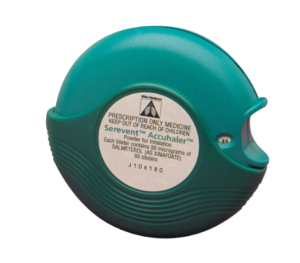 Why medicines are used in the management and treatment of COPD
Why medicines are used in the management and treatment of COPD
To improve or manage your COPD symptoms, your doctor may have prescribed various medicines. Although medicines cannot cure COPD, when used as prescribed they can go a long way towards reducing your symptoms and preventing flare ups. As each person’s health is different, each person may be prescribed different medicines at different doses – your medicines program is tailored especially for you.
For each different medicine you are prescribed, make sure you understand:
- What the medicine is for.
- How the medicine works.
- How to take the medicine.
- How long the effects of the medicine last.
- What the possible side effects of the medicine are and how you can avoid these side effects.
- If the medicine will cause problems with your other medicines.
- How to store your medicines.
- When the medicine is out of date.
If you are confused or unsure about any of the information provided in relation to these points, you should ask your doctor, respiratory nurse or pharmacist to explain. It is okay to ask these questions multiple times if you are unsure. It can help to repeat back what you have heard in your own words so you can be sure you have understood correctly.
 You should be confident and informed about your own condition, including the medicine you use. Although each medicine may cause side effects, it is important to remember that only a small number of people using that medicine will develop side effects.
You should be confident and informed about your own condition, including the medicine you use. Although each medicine may cause side effects, it is important to remember that only a small number of people using that medicine will develop side effects.
As respiratory medicines target the lungs, most COPD medicines are inhaled using special inhaler devices so that the medicine is delivered directly to the lungs. Correct technique is important in delivering your medicine effectively. To ensure you are receiving the full benefits from your medicine, demonstrate your inhaler technique to your doctor, pharmacist, or respiratory nurse.
